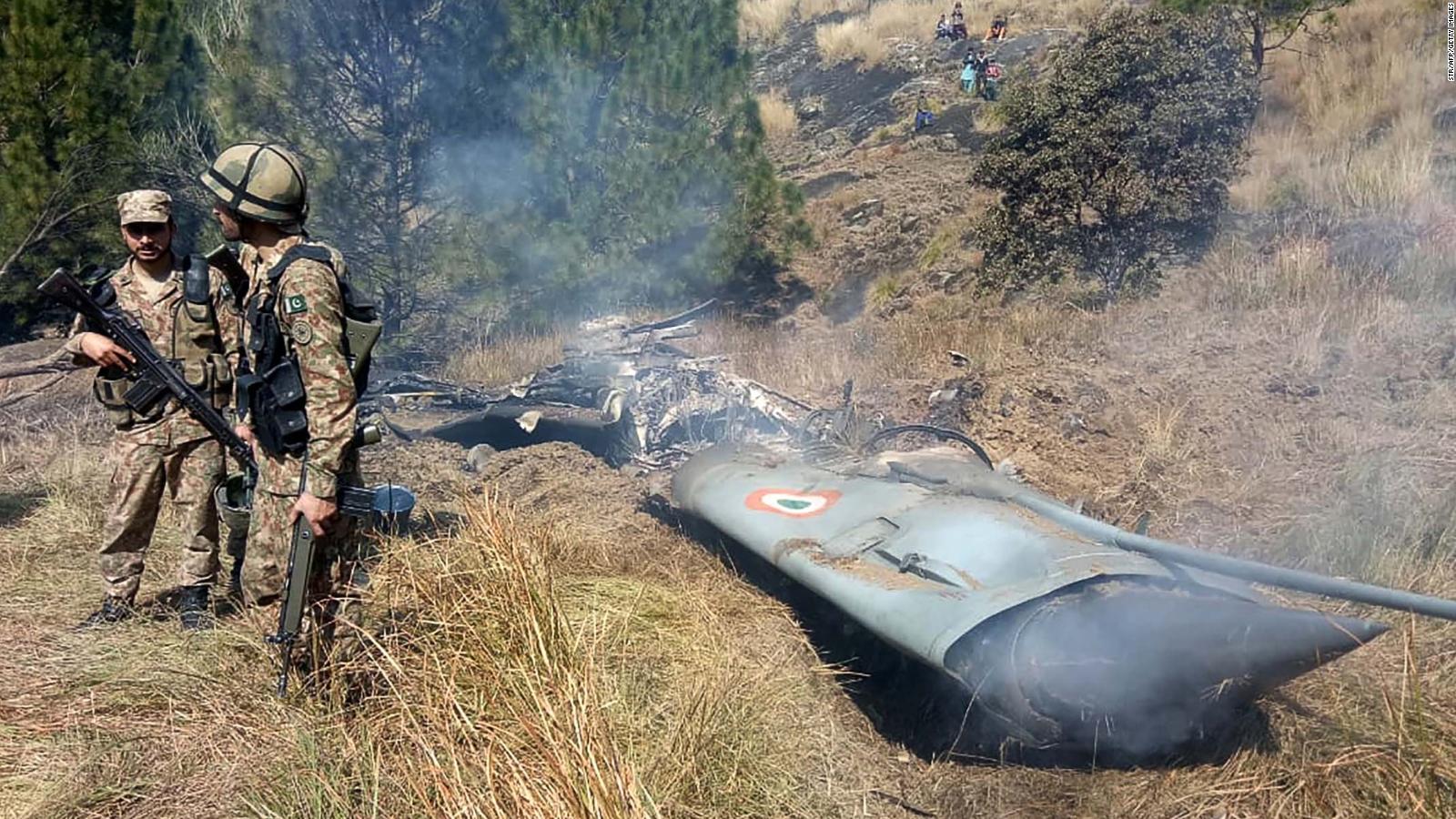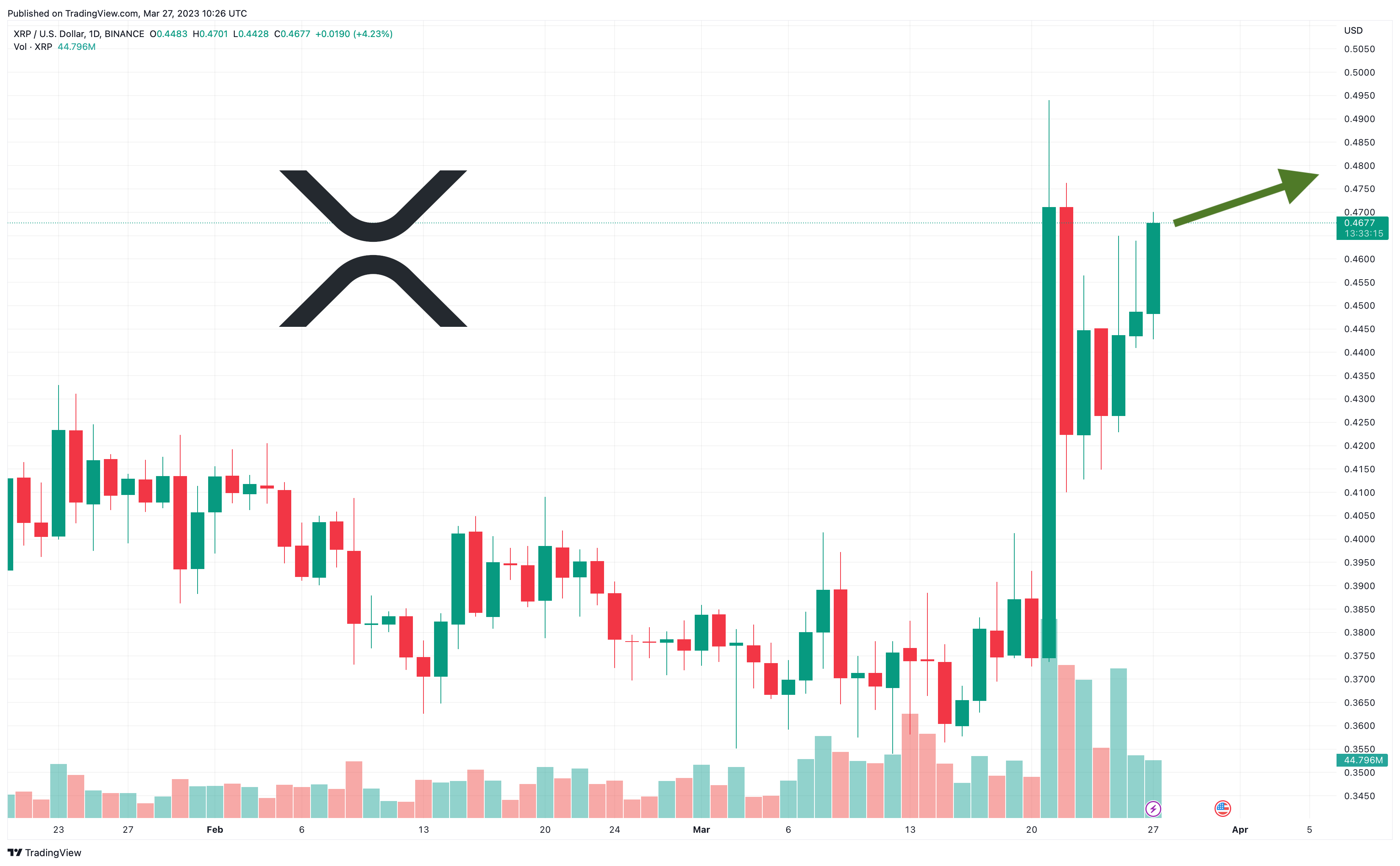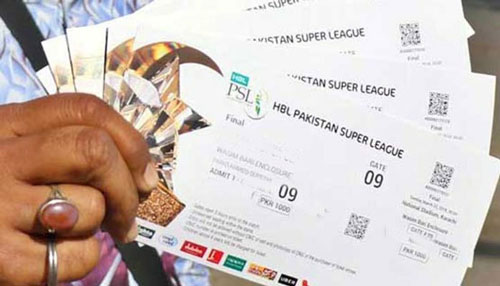India's Boldest Military Action Against Pakistan In Decades

Table of Contents
Keywords: India-Pakistan conflict, military action, surgical strike, Balakot airstrike, cross-border terrorism, national security, India's military response, Pakistan's response, geopolitical implications, Pulwama attack
This article delves into India's most decisive military response to Pakistan in decades, examining the events leading up to the operation, its execution, and the subsequent ramifications for the volatile India-Pakistan relationship. We will analyze the strategic motivations, the international reactions, and the long-term consequences of this bold military action, focusing specifically on the events surrounding the Balakot airstrike and its aftermath.
The Pulwama Attack and its Aftermath
The Catalyst for Action:
The 2019 Pulwama attack served as the catalyst for India's subsequent military action. This devastating terrorist attack, claimed by Jaish-e-Mohammed (JeM), a Pakistan-based militant group, targeted a convoy of Central Reserve Police Force (CRPF) personnel in Pulwama, Jammu and Kashmir.
- Number of casualties: The attack resulted in the death of 40 CRPF personnel, making it one of the deadliest attacks against Indian security forces in recent history.
- Claim of responsibility: JeM quickly claimed responsibility for the attack, further fueling India's outrage and solidifying the belief that the attack originated from Pakistani soil.
- India's initial response and condemnation: India strongly condemned the attack, vowing to hold the perpetrators accountable. There was immediate and widespread public outcry demanding strong retaliation.
- International community's reaction: The international community universally condemned the Pulwama attack, expressing solidarity with India and calling for swift action against terrorism.
The immediate aftermath was characterized by a surge in nationalistic sentiment within India and a growing pressure on the government to take decisive action against Pakistan. Diplomatic efforts were undertaken to garner international support for India's stance on cross-border terrorism emanating from Pakistan.
India's Surgical Strikes: The Military Response
Planning and Execution:
In response to the Pulwama attack, India launched what it termed "surgical strikes" across the Line of Control (LoC) into Pakistan. This unprecedented military action aimed to target terrorist training camps and infrastructure believed to be linked to the JeM.
- Targets of the strikes: The strikes reportedly targeted multiple terrorist camps and training facilities located deep within Pakistan-administered Kashmir.
- The methodology and the weapons used: Details of the operation remain classified, but reports suggest a combination of air and ground-based operations, utilizing precision-guided munitions to minimize civilian casualties.
- Duration of the operation: The strikes were reportedly carried out swiftly and efficiently, minimizing the risk of escalation.
- Claims of success and casualties inflicted: The Indian government claimed significant success, stating that a large number of terrorists and their infrastructure were eliminated. Pakistan disputed these claims.
The strategic goals of the strikes were multifaceted: to disrupt terrorist infrastructure, send a clear message of deterrence to Pakistan and terrorist organizations operating from its soil, and to demonstrate India's resolve in combating cross-border terrorism.
Pakistan's Response and International Reactions
Pakistan's Denial and Counter-Claims:
Pakistan vehemently denied India's claims, asserting that the strikes caused minimal damage and resulted in no casualties.
- Pakistan's military statements and counter-narrative: Pakistan's military issued statements denying the effectiveness of the strikes and downplaying the scale of the operation. They also launched their own propaganda campaign in response.
- International media coverage and varying perspectives: International media coverage varied, with some outlets echoing India's claims and others expressing skepticism or presenting Pakistan's counter-narrative.
- Analysis of the potential escalation and diplomatic fallout: The potential for escalation was significant, but both countries ultimately avoided a direct military confrontation, partly due to international pressure to de-escalate.
The international community's reaction was divided. While many nations condemned terrorism, there was also caution regarding the escalation of the conflict and calls for restraint from both sides.
Long-Term Implications and Geopolitical Consequences
Impact on Regional Stability:
India's military action had significant long-term implications for regional stability and the already tense India-Pakistan relationship.
- Increased tensions and border skirmishes: The action led to heightened tensions along the LoC, with increased border skirmishes and exchanges of fire.
- Changes in diplomatic relations between India and Pakistan: Diplomatic relations between the two countries deteriorated further following the strikes.
- The potential for future escalations: The incident highlighted the fragility of peace in the region and the ever-present threat of further escalations.
- Impact on cross-border terrorism: While the immediate impact on cross-border terrorism is debated, the strikes did serve to raise the cost for such activities.
The action also had broader geopolitical consequences, impacting relations with other regional and global powers, many of whom called for de-escalation and dialogue to resolve the conflict peacefully.
Conclusion
India's military action against Pakistan following the Pulwama attack represents a significant turning point in the long-standing India-Pakistan conflict. The surgical strikes, while controversial and debated in their effectiveness, demonstrated India's resolve in combating cross-border terrorism and its willingness to take decisive military action. The long-term consequences of this bold military action continue to shape the regional security landscape, highlighting the complexities of the India-Pakistan relationship and the persistent threat of cross-border terrorism. To delve deeper into the complexities of India's military actions against Pakistan and their impact on regional security, explore [link to relevant resources on India-Pakistan relations]. Understanding India's military response to Pakistan is crucial for comprehending the ongoing geopolitical dynamics in South Asia.

Featured Posts
-
 Xrp Price Prediction 5 Target Realistic After Sec Developments
May 08, 2025
Xrp Price Prediction 5 Target Realistic After Sec Developments
May 08, 2025 -
 Is Saving Private Ryan Still The Best War Movie Fans React
May 08, 2025
Is Saving Private Ryan Still The Best War Movie Fans React
May 08, 2025 -
 Understanding Rogue Exiles In Path Of Exile 2
May 08, 2025
Understanding Rogue Exiles In Path Of Exile 2
May 08, 2025 -
 7 Best Undiscovered Paramount Movies You Should Watch
May 08, 2025
7 Best Undiscovered Paramount Movies You Should Watch
May 08, 2025 -
 Thursday April 17 2025 Daily Lotto Winning Numbers
May 08, 2025
Thursday April 17 2025 Daily Lotto Winning Numbers
May 08, 2025
Latest Posts
-
 Breaking Bread With Scholars A Guide To Meaningful Academic Discussion
May 08, 2025
Breaking Bread With Scholars A Guide To Meaningful Academic Discussion
May 08, 2025 -
 Pakistan Super League 10 Ticket Information And Purchase
May 08, 2025
Pakistan Super League 10 Ticket Information And Purchase
May 08, 2025 -
 Psl 10 Ticket Sales Starting Today
May 08, 2025
Psl 10 Ticket Sales Starting Today
May 08, 2025 -
 Dont Miss Out Psl 10 Tickets On Sale
May 08, 2025
Dont Miss Out Psl 10 Tickets On Sale
May 08, 2025 -
 Get Your Psl 10 Tickets Before They Re Gone
May 08, 2025
Get Your Psl 10 Tickets Before They Re Gone
May 08, 2025
